1. Your home can vary in price.

Based on size, number of bedrooms & bathrooms, condition, floorplan, lot size, and location. That’s why a real estate professional from 24 Hour Real Estate can decipher all these factors to come up with an accurate price for your home.
2. Zillow isn’t the end-all to how much your home is worth.

It’s a “ballpark”/estimate based on closed sales from the county tax records and MLS, but it doesn’t account for the factors discussed in point 1 and isn’t able to make accurate adjustments such as an agent from 24 Hour Real Estate would be able to do.
3. Pricing your home correctly is the most important factor to sell your home.

If a home is priced above the range that the majority of the buyers think a home like yours is worth, your home will either not be seen or.. a buyer will be embarrassed to make a lower offer, so as not to offend you the homeowner.
4. How easy/difficult you make your home to show is the second most important factor.
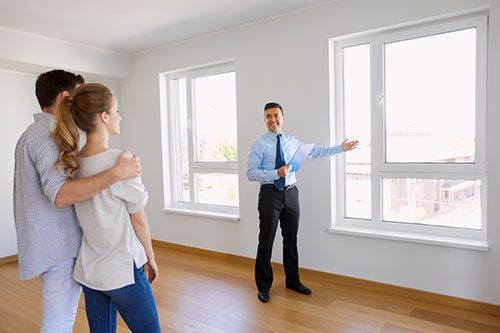
Being flexible to show your home will pay dividends for a faster sale and possibly more money. If a buyer can’t see your home, they can’t buy your home. Buying a home is an emotional experience, as it will be the place you will live for the foreseeable future, so if a buyer can’t envision themselves in your home, there’s no way they will buy it. Writing a blind offer only happens on apartment buildings or other investment properties.
5. Cleanliness is next to “selling”ness.
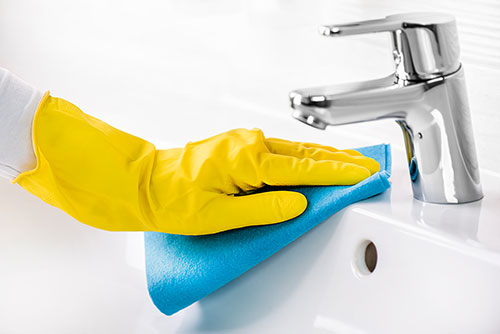
The cleaner, less-clutter your home has, the better it will show. This will lead to a faster sale and possible more money for your home. See “Get Your home ready to sell” section for more details.
6. You don’t have to have a for-sale sign.
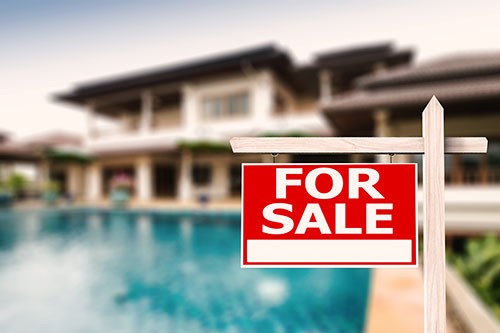
A for-sale signwill increase your home’s exposure, especially if your home is in a high-visibility area, but due to the internet, your home will still be seen by buyers.
7. You don’t have to have an open house.
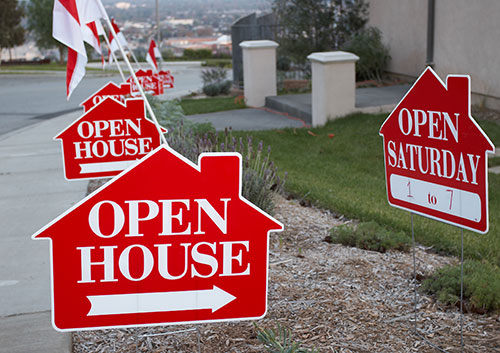
It is said that about 2% of buyers bought a home from an open house and that 4% of buyers visited an open house (according to National Association of Realtors), but the benefit can be that a buyer not working with a realtor or a buyer that doesn’t want to call ahead to see a home, will have the ability to see your home and possibly buy it.
8. Do your “honey do” list before you go on the open market.

If you planned on painting the house, changing the carpet or flooring, or making other repairs or improvements to your home, it’s best to do it before you open your home to buyers. Otherwise, they will nit-pick your home and want to offer less.
9. Disclose, disclose, disclose.

There are over 30 pages of real estate disclosures that need to be filled out and signed by the seller and given to a buyer in the first week of the escrow. Make sure you hire an experienced, knowledgeable agent that can guide you through the process. And when it doubt, point it out! It’s better to tell a buyer more things that might be wrong than less. That way you can avoid issues in escrow or after the close.
10. Fixtures must stay.
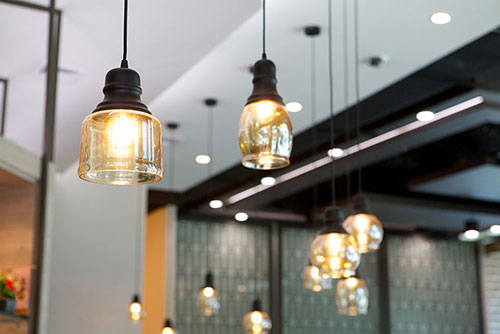
Unless otherwise communicated before you sell your home. A fixture is any physical property that is permanently attached (fixed) to the real property, and must stay with property. If you plan on taking a chandelier, curtains, a particular plant or tree, alarm system, attached audiovideo equipment, surveillance systems, a RING doorbell, or other items, please point it out to your real estate agent so it can be communicated
